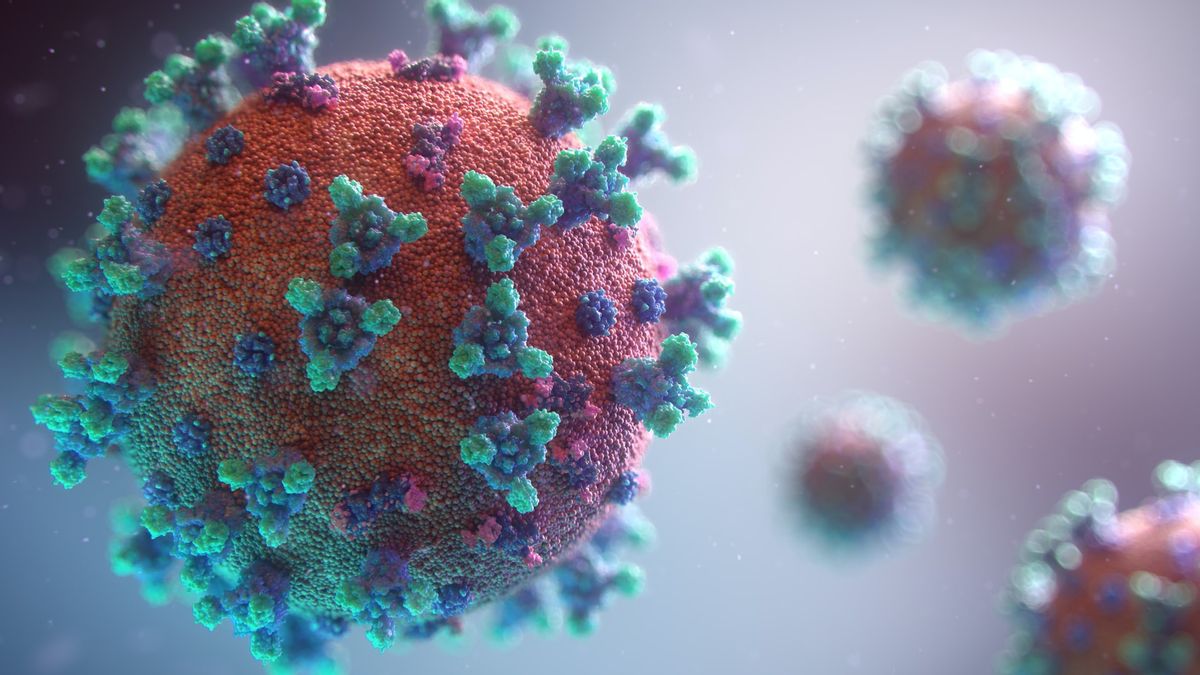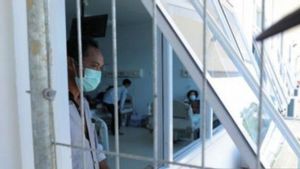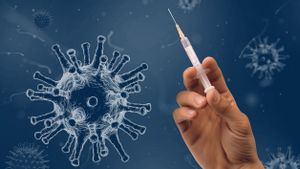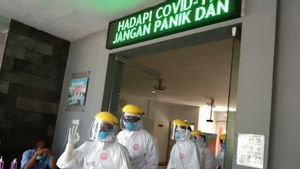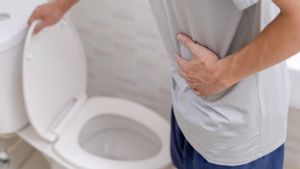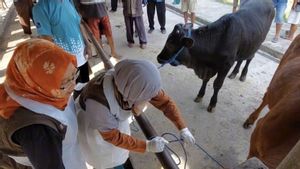JAKARTA - The Ministry of Health responded to the results of a serological survey which said 86.6 percent of the Indonesian population already had antibodies to SARS-CoV-2 or COVID-19.
Secretary of the Directorate General of Public Health of the Ministry of Health, Siti Nadia Tarmizi, explained that even though they already have antibodies, it does not mean that the community can be free from coronavirus infection.
"Although the number of antibodies to SARS-CoV-2 for respondents is quite high, it does not mean that people are free from COVID-19 infection. High antibodies mean that they are able to reduce the impact of severe symptoms and the risk of death due to COVID-19 infection," said Nadia in her statement, Monday, March 21.
The public, continued Nadia, must really realize that even though the antibodies produced are high after getting a complete vaccination plus a booster, the possibility of being infected with COVID-19 still exists. However, the risk of severe symptoms and death from COVID-19 is reduced.
"Especially for the elderly and those with comorbidities, they really need to get protection from complete and booster vaccinations," said Nadia.
Furthermore, Nadia said that the vaccination target needs to be pursued further and faster. Currently, there are 194.559.612 people who have received the first dose of COVID-19 vaccination and 154.267.349 the second dose of vaccination. Then, the third dose of vaccination was 16.278.674. Meanwhile, the target for vaccination in Indonesia is 208.265.720 people.
"Vaccination will accelerate the formation of herd immunity in the Indonesian population, especially to prevent a spike in cases," he said.
The government released the results of a national serological survey for the period November to December 2021. This survey was conducted by a team from the Faculty of Public Health, University of Indonesia (FKM UI), supported by the Ministry of Health and the Ministry of Home Affairs.
SEE ALSO:
This serological survey aims to estimate the proportion of people in the population who have antibodies to SARS-CoV-2 (COVID-19) based on age group, gender, previously diagnosed COVID-19, and vaccination status.
In other words, the basis of this study is to measure how many levels of the population or the proportion of the population who already have a level of immunity.
As a result, an epidemiologist from the Faculty of Public Health, University of Indonesia Iwan Ariawan explained that in general, 86.6 percent of the Indonesian population in November and December 2021 had antibodies against COVID-19.
"So this is a big number. Even though they do have antibodies against SARS-CoV-2, it doesn't mean they can't be infected," said Iwan on the Ministry of Health's Youtube show, Friday, March 18.
The English, Chinese, Japanese, Arabic, and French versions are automatically generated by the AI. So there may still be inaccuracies in translating, please always see Indonesian as our main language. (system supported by DigitalSiber.id)
